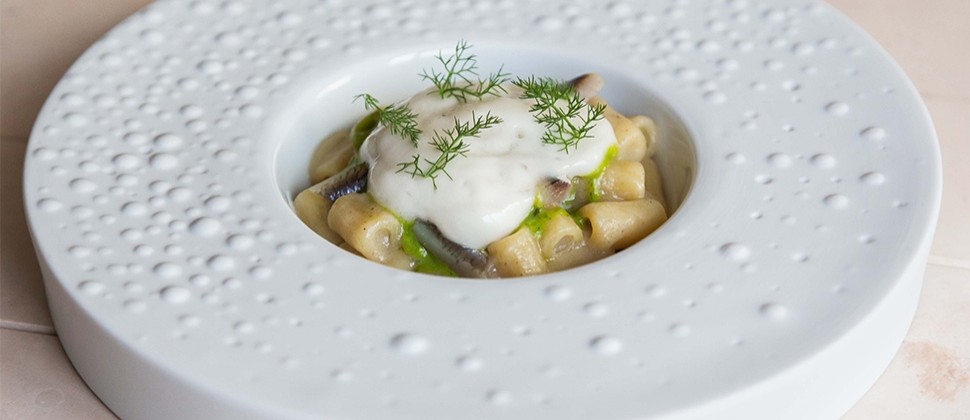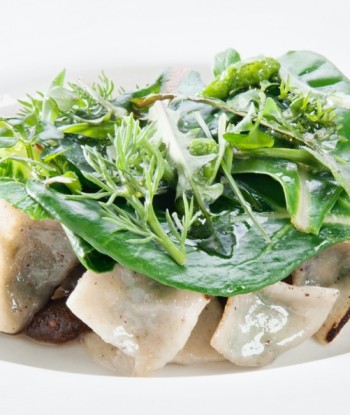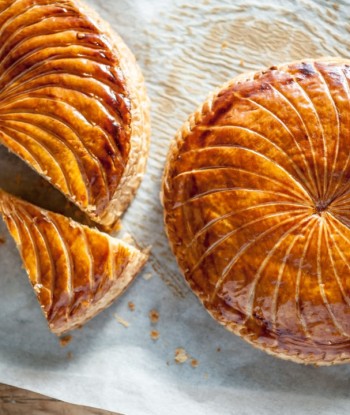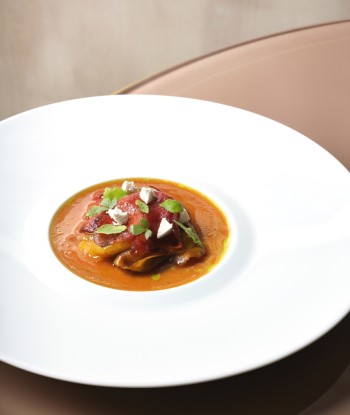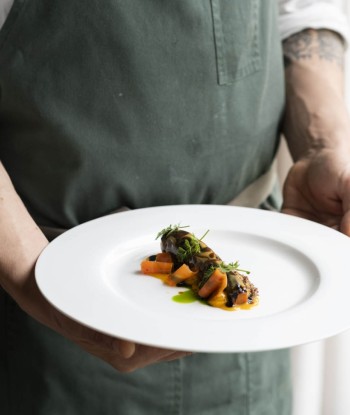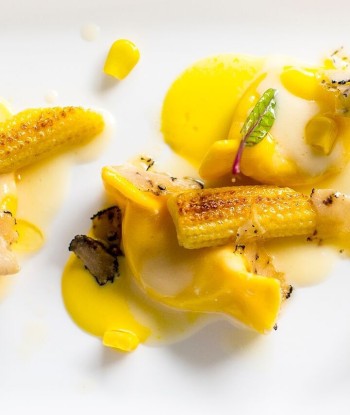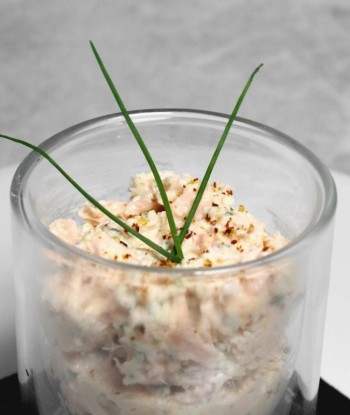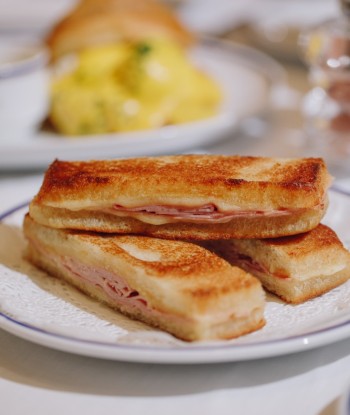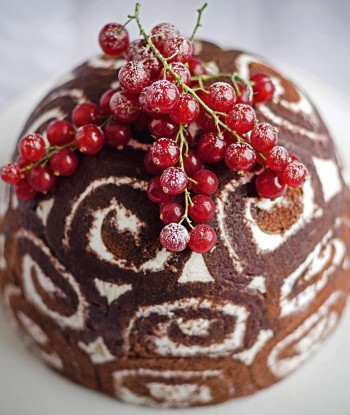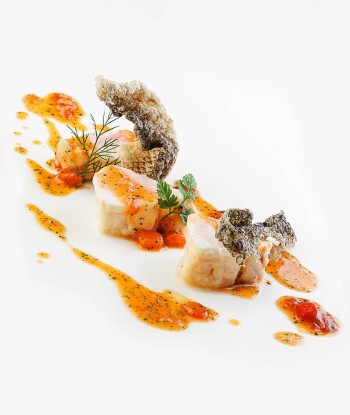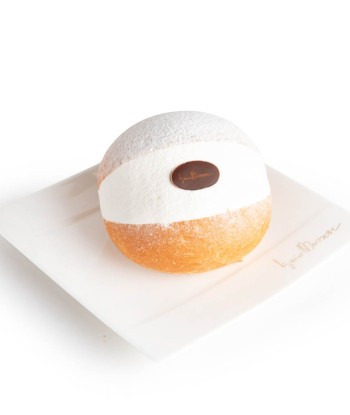Antonio Biafora's recipe: Pasta and Anchovies
For 1 kg Jerusalem artichoke and anchovy sauce
- 500 g Jerusalem artichokes
- 100 g of Onion
- 10 g Garlic
- 300 g of Anchovy Licks
- Olive oil
- Salt
Procedure
For the bones
Purge the anchovies' bones in cold water. Toast in an oven at 180°C for 20 minutes.
For the Jerusalem artichokes
Wash Jerusalem artichokes with cold water. Wrap with aluminum foil one by one and bake at 200°C until cooked. Remove the skin and keep the flesh aside.
For the sauce
Brown garlic and onion in pot, add Jerusalem artichoke pulp and let stick to bottom and deglaze with water a little at a time. Add the bones to the bottom. Adjust salt to taste.
Allow to cook. Blend and sieve.
For 1 kg Fennel Pesto
- 700 ml water
- 80 g of Toasted Almonds
- 80 g soaked almonds
- 6 g Garlic
- 120 ml Olive Oil
- 8 g of Salt
- 100 g of Fennel
Procedure
For the pesto
Boil all ingredients except fennel. Cool and add the fennel and blend everything. Place in a pacojet glass and chill. Parboil twice.
For 1 Serving of Pasta and Anchovies
- 30 g Tubetti Di Gragnano
- 15 g of Anchovies
- Pink Pepper
- 80 g Jerusalem Artichoke and Anchovy Sauce
- 20 g Fennel Pesto
Procedure
Place filets of anchovies in 5% brine for 30 minutes.
Parse and season with pink pepper.
Cook pasta in salted water for 10 minutes.
Toss in the Jerusalem artichoke sauce.
Dish composition
Place a spoonful of pasta in the center of the plate, add the anchovy filets and fennel pesto.
The chef finishes the dish by covering it with the mousse of anchovy colatura; at home we can remedy this with a few simple drops of unfoamed colatura!

